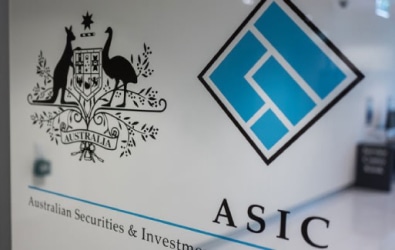Global investor confidence dropped in June, after a brief recovery the previous month, according to the State Street Investor Confidence Index.
The index fell by 5.1 points in June to 99.2, and is now back under the 100-point level.
A reading of the index above 100 means investors are taking on more exposure to risky assets, while a reading below 100 implies they are reducing their exposure to risky assets.
The decline was sharpest among North American investors, but their overall confidence levels were still higher than the average.
North American investor confidence fell 5.8 points to 100.4, from May's revised level of 106.2.
Asian investors also reduced their risk appetite, with investor confidence dropping 3.7 points to 93.2 from a revised May reading of 96.9.
Despite concerns over sovereign defaults, European investor confidence rose 8.5 points, albeit from a low level of 79.4, to reach 87.9.
The index measures investor confidence or risk appetite quantitatively by analysing the actual buying and selling patterns of institutional investors.
It differs from survey-based measures in that it is based on the actual trades, as opposed to opinions, of institutional investors.
"This month saw the release of a number of indicators that offered further confirmation that global growth has slowed," Harvard University professor Kenneth Froot, who helped develop the index, said.
"In the US, policy makers pointed to Japanese supply disruption and elevated natural resource prices as potential culprits, but beyond these concerns there is the prospect of further slowdown in China to consider as well as the difficulties surrounding Greek sovereign debt.
"Institutional investors have responded to these worries and suspended for now the accumulation of risky assets that they began in May."





